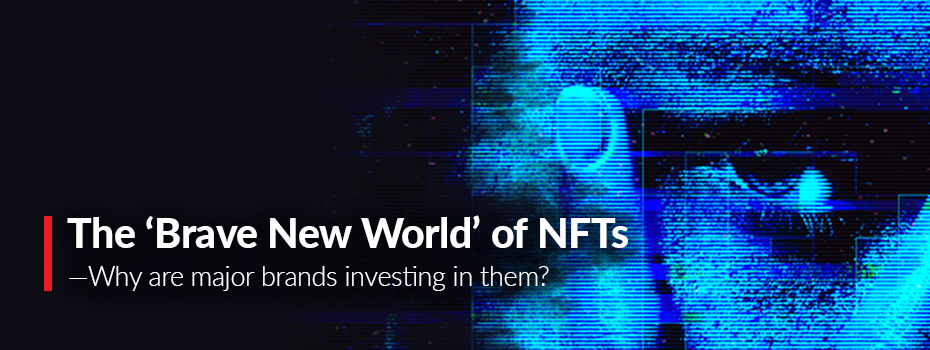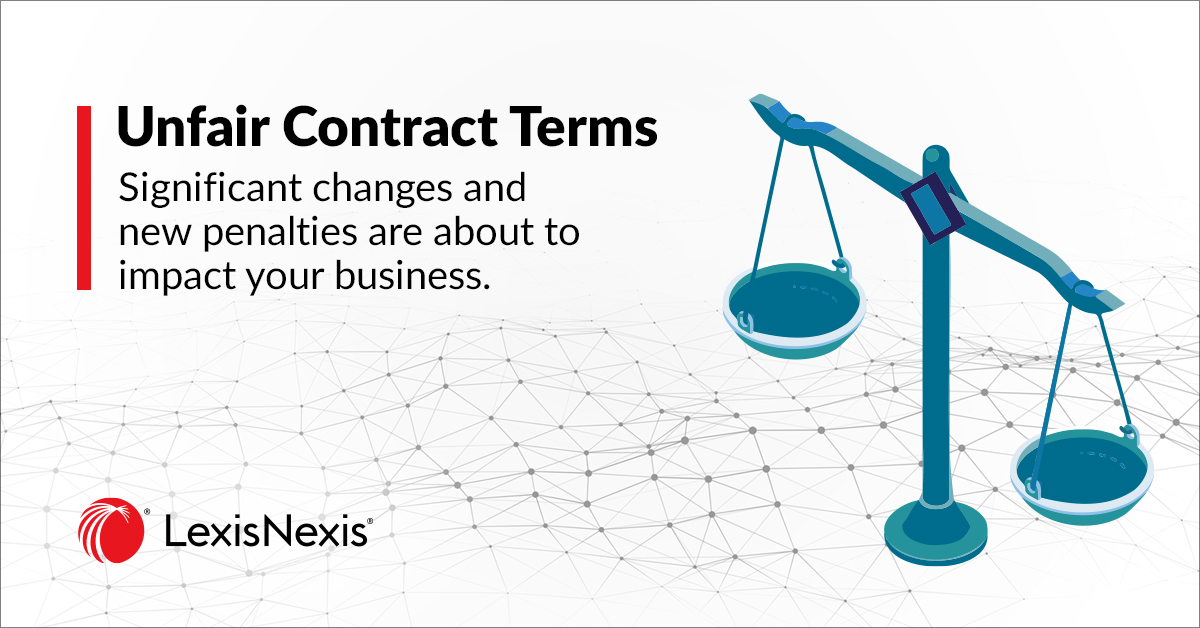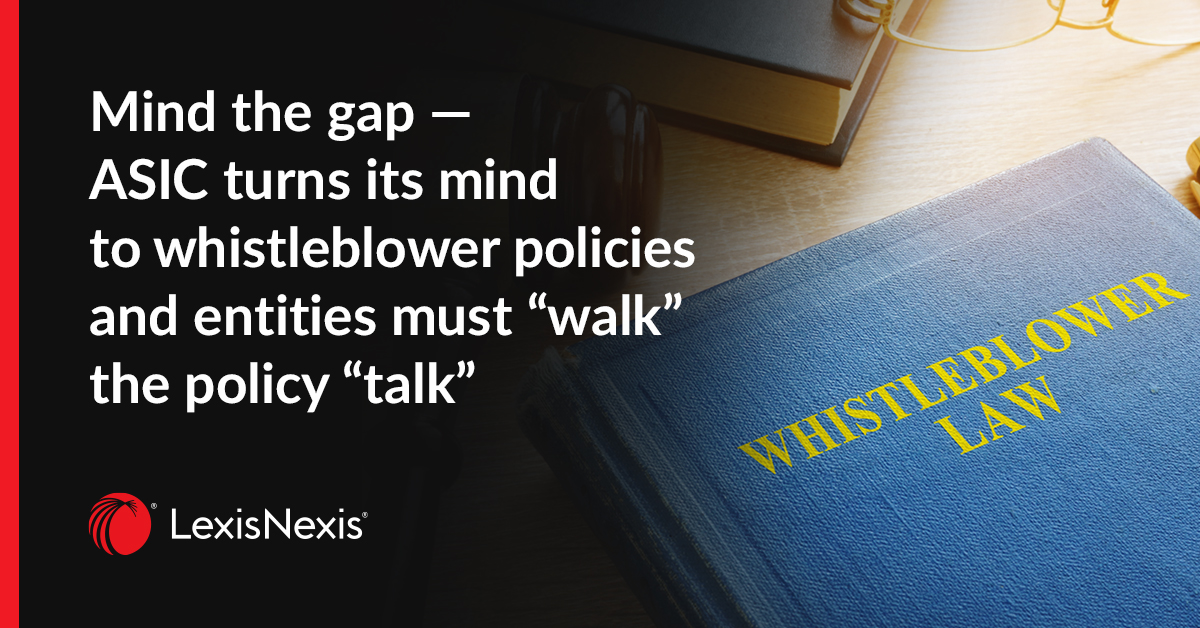
Brave new world: why major brands are investing in NFTs
25 September 2022 16:25
Arvind Dixit, Theonie Scott, Chrystal Dare and Grace Borg CORRS CHAMBERS WESTGARTH
While there are exciting commercial opportunities surrounding the use of non-fungible tokens (or NFTs), organisations should be aware of the key legal mechanisms that can be put in place when minting an NFT to protect their interests.
This article from the LexisNexis® Internet Law Bulletin April 2022 edition explores a recent use of NFTs by the music festival Coachella, where NFTs were deployed to engage consumers on both a digital and physical front, and also examines some of the legal issues to be considered when utilising NFTs as part of a brand experience.
Newsletter subscribers can read the full article here.
What are NFTs and how have they been used?
NFTs are unique digital tokens that act as a representation of an asset (such as a meme, collectable or digital artwork). These tokens (or “digital assets”) cannot be replicated and ownership can be verified using blockchain technology.
NFTs can also be transferred to a new owner using blockchain, which is ordinarily facilitated through an NFT trading platform such as OpenSea. To date, some of the most popular and accessible NFTs have been for digital artwork, or “digital collectables”, such as the NBA Top Shot NFTs which allow individuals to collect officially licensed NBA moments in a digital card form.
But the ambit of, and opportunities surrounding, NFTs are not confined to the digital world. Ownership of an NFT can also provide owners with a right to access unique physical objects and real-world experiences.
Use case — Coachella Valley Music and Arts Festival
The Coachella Valley Music and Arts Festival (Coachella) is an annual festival of music and arts held over two long weekends in April in Coachella Valley, California. After a 2-year hiatus due to the global COVID-19 pandemic, Coachella returned in April 2022 with a suite of NFTs designed to enhance festival-goers’ experiences.
In February, Coachella released for auction on its NFT marketplace three collections of NFTs. The first tier comprises 10 one-of-a-kind NFTs — the Coachella Keys Collection — which grant owners a lifetime festival pass, along with exclusive access to virtual experiences produced by Coachella.
Why is Coachella innovating with NFTs and what is it trying to achieve?
Capitalising on the new excitement around NFTs and the public’s appetite to spend big on digital collectables and unique digital assets offers clear commercial opportunities.
The additional benefit of Coachella’s launch of its Keys Collection NFTs is that it allows for the resale of these lifetime tickets, with a portion of the resale value being returned automatically as “royalties” to Coachella as well as the art directors, photographers and the musicians who will be performing or contributing to the festival.
Are smart contracts legally binding and are any other terms required?
When Coachella minted the Coachella Keys Collection NFTs, it created a smart contract, which is stored on the blockchain and embedded in the metadata of the NFT, which specifies key information about the NFT including the creator of the NFT and any parties that are entitled to royalties on resale of the NFT and the amount of those royalties.
These smart contracts contain all the necessary elements (offer, acceptance, consideration) to form a contract under Australian law and will validly transfer the NFT between parties and provide for the automatic distribution of royalty amounts to relevant parties.
Currently, Australian law, such as copyright law, does not include any presumptions that may apply to the treatment of intellectual property or other legal rights that may be transferred or licenced between parties when an NFT is purchased. It is therefore necessary for parties to formalise any additional legal rights or restrictions that may attach to the transfer of the NFT in a separate set of terms.
These additional legal terms will often be housed on an NFT trading platform and will apply to any NFT purchased or sold on that platform. As Coachella set up its own NFT trading platform, it was able to specify its own terms around the benefits that would be granted to an individual holder of a Coachella Keys Collection NFT.
Redemption of NFTs for physical items
The second tier of NFTs released by Coachella is the Sights and Sounds collection, which aligns with more typical digital NFT offerings. Sights and Sounds is a series of 10,000 digital images and never-before-heard soundscapes from the festival. These NFTs entitle the owner to redeem the NFT for a physical art print of the NFT.
The third tier is the Desert Reflections collection, comprising 1000 NFTs which are digital renditions of 10 iconic Coachella posters by world-renowned artist, illustrator and designer, Emek. Each NFT in this series can be redeemed for a physical coffee table book of photographs spanning 20 years of the festival.
Both of these tiers of NFTs would ordinarily be supported by additional legal terms which make it clear that there is no transfer of the underlying intellectual property in the digital images and that ownership of the NFT will only entitle the owner to redeem a physical print or coffee table book.
Conclusion
This pivot into the physical domain is a sign of what might be to come in the entertainment industry and the potential that NFTs offer for major players to create unique experiences along with physical and digital collectables for their existing and target consumer bases.
When exploring new and exciting opportunities that may arise through the use of NFTs, organisations should be mindful that ordinary contractual and legal principles will still apply and will need to be dealt with.
This includes a requirement for the NFT creator to consider whether the NFT platform terms clearly define the rights that will attach to an NFT, including any transfer or licence to underlying intellectual property and any other appropriate restrictions to protect the reputation of the brand or creator. If the standard NFT platform terms are not adequate, the NFT creator may need to supplement these terms.
The opportunities to utilise NFTs in a real-world commercial context will continue to grow as use cases evolve and the adoption of smart contracts becomes more mainstream. This is an area that warrants the ongoing attention of brands.
 | Arvind Dixit |
 | Theonie Scott |
 | Chrystal Dare |
 | Grace Borg |
Latest Articles
-
 3 tips for banking and finance lawyers when responding to an ASIC enquiry, and how to avoid misleading or deceptive conduct.
3 tips for banking and finance lawyers when responding to an ASIC enquiry, and how to avoid misleading or deceptive conduct. -
 Significant increases to competition and consumer law penalties have commenced and sweeping reforms to the unfair contract terms regime will follow in 12 months’ time.
Significant increases to competition and consumer law penalties have commenced and sweeping reforms to the unfair contract terms regime will follow in 12 months’ time. -
 The Australian Securities and Investments Commission (ASIC) is calling on Australian CEOs, from public companies, large proprietary companies and corporate superannuation trustees to review their whistleblower policies and processes to ensure compliance with private sector whistleblower laws.
The Australian Securities and Investments Commission (ASIC) is calling on Australian CEOs, from public companies, large proprietary companies and corporate superannuation trustees to review their whistleblower policies and processes to ensure compliance with private sector whistleblower laws.
Practical Guidance
Your one-stop solution for accurate legal answers from Australian legal experts. Tools, practically focused guidance notes, checklists, precedents, and training materials support and streamline your legal workflow.
LEARN MORE LexisNexis
LexisNexis